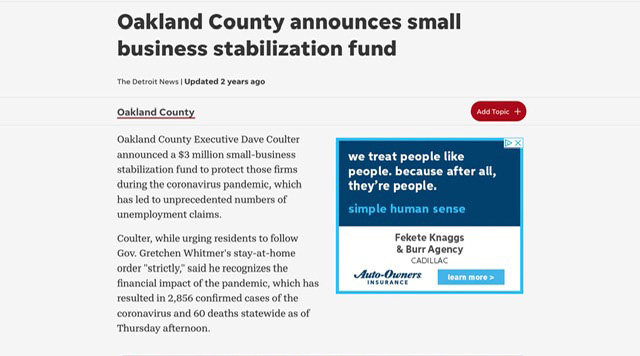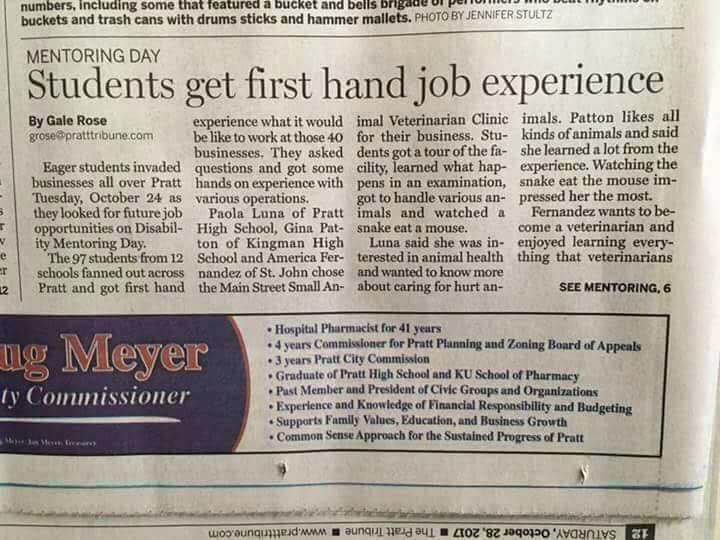Helper Hyphens Aid Comprehension, Prevent Confusion

I have blogged about the problem of excessive commas. Now I want to tackle the problem of a missing punctuation mark: the hyphen. I’m talking specifically about the hyphen that belongs in the middle of phrasal adjectives.
Bryan Garner, author of A Dictionary of Modern Legal Usage, explains: “When a phrase functions as an adjective…the phrase should ordinarily be hyphenated. Seemingly everyone in the literary world knows this except lawyers.” He adds: “The primary reason for [the hyphens] is that they prevent miscues and make reading easier and faster.”
Because they aid comprehension and prevent confusion, I call them “helper hyphens.”
LAWYER GOOFS
It is ironic that legal help-wanted ads demanding excellent writing skills sometimes exhibit grammar and punctuation goofs. I cataloged a number of examples here. Among the faults identified were unhyphenated phrasal adjectives.
Some of the missing hyphens did no harm (except to annoy language snoots):
A Novi law firm’s ad said that “solid oral communication skills are required.” [read oral-communication skills]
An ad by a Royal Oak firm sought applicants with “ability to handle…a high volume case load.” [read high-volume case load]
And a Lansing-based insurance company expressed a preference for persons with experience in “complex high exposure litigation matters.” [read high-exposure litigation matters]
But some missing hyphens could cause the reader to momentarily stumble or even reach the wrong conclusion:
A Troy law firm’s help-wanted ad promised “firm funded pension benefits.” Is the promise of pension benefits firm, or is the firm funding the benefits?
An ad by a “family law firm” in Southfield could have clarified whether it was a family-run firm or a firm specializing in family law with a strategically placed hyphen. (One exception: do not hyphenate adverbs ending in -ly.)
OTHER MISHAPS
Groceries are another potential source of missing-hyphen confusion:

Wait, are these eggs free? Or were the chickens that produced them?

Because it contains milk, this product is probably not liquid-free, but without a hyphen one can't be sure.
Headline writers also need to brush up on the phrasal-adjective rule:

Is it a small business-stabilization fund – or – a small-business stabilization fund?

This headline writer learned a “first-hand” lesson in hyphens, while giving everyone else a great laugh.
Even hoodies can benefit from helper hyphens:

Just how wild are those fish managers?
CONCLUSION
Bryan Garner posits that lawyers resist phrasal-adjective hyphens because “they are accustomed to slow, dull, heavy reading.” But also, many lawyers graduated before the plain-language movement and were never taught the value of hyphenating phrasal adjectives. I am confident that Cooley students who successfully complete our nationally recognized legal-writing curriculum are capable of spotting and correcting missing-hyphen mishaps like these.
Otto Stockmeyer is a distinguished professor emeritus at Cooley Law School. He is a past president of Scribes—The American Society of Legal Writers and a frequent contributor to legal periodicals and blogs.

